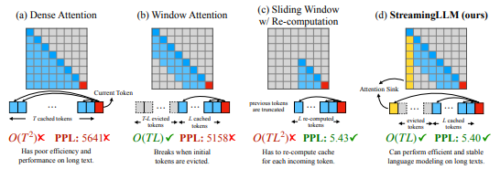2024-02-12 ペンシルベニア州立大学(PennState)
<関連情報>
- https://www.psu.edu/news/research/story/dairy-cows-fed-botanicals-supplemented-diets-use-energy-more-efficiently/
- https://www.sciencedirect.com/science/article/pii/S0022030223020222
植物性飼料を給与した乳牛の泌乳成績、腸内メタン排出量、栄養利用率 Lactational performance, enteric methane emission, and nutrient utilization of dairy cows supplemented with botanicals
L.F. Martins, S.F. Cueva, T. Silvestre, N. Stepanchenko, D.E. Wasson, E. Wall , A.N. Hristov
Journal of Dairy Science Available online:12 January 2024
DOI:https://doi.org/10.3168/jds.2023-23719

ABSTRACT
The objective of this study was to evaluate lactational performance, enteric gas emissions, ruminal fermentation, nutrient use efficiency, milk fatty acid profile, and energy and inflammatory markers in blood of peak-lactation dairy cows fed diets supplemented with Capsicum oleoresin or a combination of Capsicum oleoresin and clove oil. A 10-wk randomized complete block design experiment was conducted with 18 primiparous and 30 multiparous Holstein cows. Cows were blocked based on parity, days in milk, and milk yield (MY), and randomly assigned to 1 of 3 treatments (16 cows/treatment): (1) basal diet (CON); (2) basal diet supplemented with 300 mg/cow per day of Capsicum oleoresin (CAP); and (3) basal diet supplemented with 300 mg/cow per day of a combination of Capsicum oleoresin and clove oil (CAPCO). Premixes containing ground corn (CON), CAP, or CAPCO were mixed daily with the basal diet at 0.8% of dry matter intake (DMI). Supplementation of the diet with CAP or CAPCO did not affect DMI, MY, milk components, and feed efficiency of the cows. Body weight (BW) was increased during the last 2 wk of the experiment by CAP and CAPCO, compared with CON. The botanicals improved BW gain (0.85 and 0.66 kg/d for CAP and CAPCO, respectively, compared with −0.01 kg/d for CON) and CAP enhanced the efficiency of energy utilization, compared with CON (94.5% vs. 78.4%, respectively). Daily CH4 emission was not affected by treatments, but CH4 emission yield (per kg of DMI) and intensity (per kg of MY) were decreased by up to 11% by CAPCO supplementation, compared with CON and CAP. A treatment × parity interaction indicated that the CH4 mitigation effect was pronounced in primiparous but not in multiparous cows. Ruminal molar proportion of propionate was decreased by botanicals, compared with CON. Concentrations of trans-10 C18:1 and total trans fatty acids in milk fat were decreased by CAP and tended to be decreased by CAPCO, compared with CON. Total-tract apparent digestibility of nutrients was not affected by treatments, except for a tendency for decreased starch digestibility in cows supplemented with botanicals. Blood concentrations of β-hydroxybutyrate, total fatty acids, and insulin were not affected by botanicals. Blood haptoglobin concentration was increased by CAP in multiparous but not in primiparous cows. Lactational performance of peak-lactation dairy cows was not affected by the botanicals in this study, but they appeared to improve efficiency of energy utilization and partitioned energy toward BW gain. In addition, CH4 yield and intensity were decreased in primiparous cows fed CAPCO, suggesting a potential positive environmental effect of the combination of Capsicum oleoresin and clove oil supplementation.



